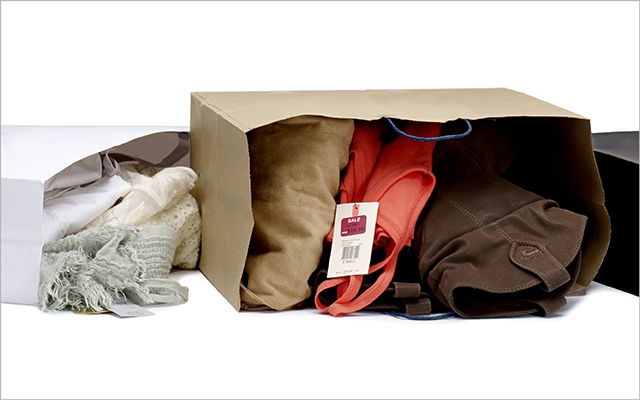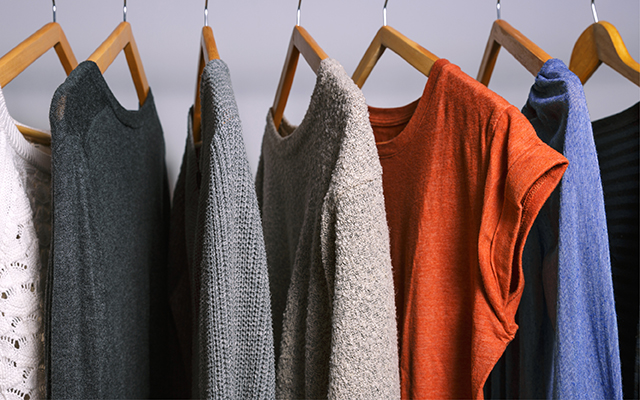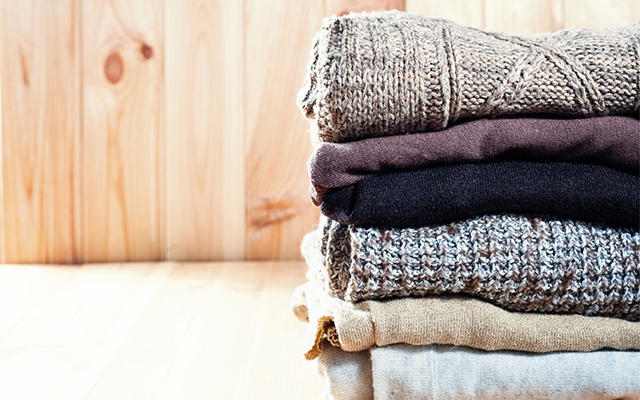Fashionistas live for the latest styles, and the clothing industry is churning them out as fast as trend-watchers can change their clothes. But the environmental and human-rights costs of this “fast fashion” is seldom reflected on the price tag, says green-living expert Sara Snow.
Fueled by giant retailers like H&M, Zara, and Topshop, the fast-fashion cycle rushes from the design phase and catwalk to clothing stores in order to capitalize on the latest trends. The sheer volume and cheap prices of these products, however, have significant economic and environmental impacts, she says.
Writing on the website hide & cheek, Snow argues that fast fashion is worse for the environment and workers than conventional clothing. The process uses vast amounts of chemicals to churn out a huge volume of cheap clothes from laborers working in horrid conditions for minimal wages.
Want to maintain your style without supporting the fast-fashion process? Snow offers these tips for shopping more responsibly.
1. Know your brands. Many designers and companies use ethical and sustainable practices but don’t market themselves as such. Spend some time digging into your favorite brands and learning about their practices. You may choose to support them more — or maybe never again.
2. Buy quality, not quantity. It’s better to buy one high-quality handbag than three mediocre ones. Ditto for jeans and home décor. Select for a lifetime of use, not just a season.
3. Shop used. Buying secondhand helps cut down on fashion waste and supports those who are choosing to pass their clothes along instead of just tossing them into the trash. (According to the 2015 documentary The True Cost, the average American throws away 82 pounds of textile waste every year.)
4. Donate your old clothes. When you decide you’re no longer going to wear something, find a way to consign it or donate it. There are many organizations today that make it easy to send off your gently used clothes, handbags, and more.
5. Buy fair trade or ethically made items. Buying Fair Trade Certified clothing ensures that garments were made by workers who were treated well. It’s a reminder that they’re supporting their families and seeking a better way of life.




This Post Has 0 Comments